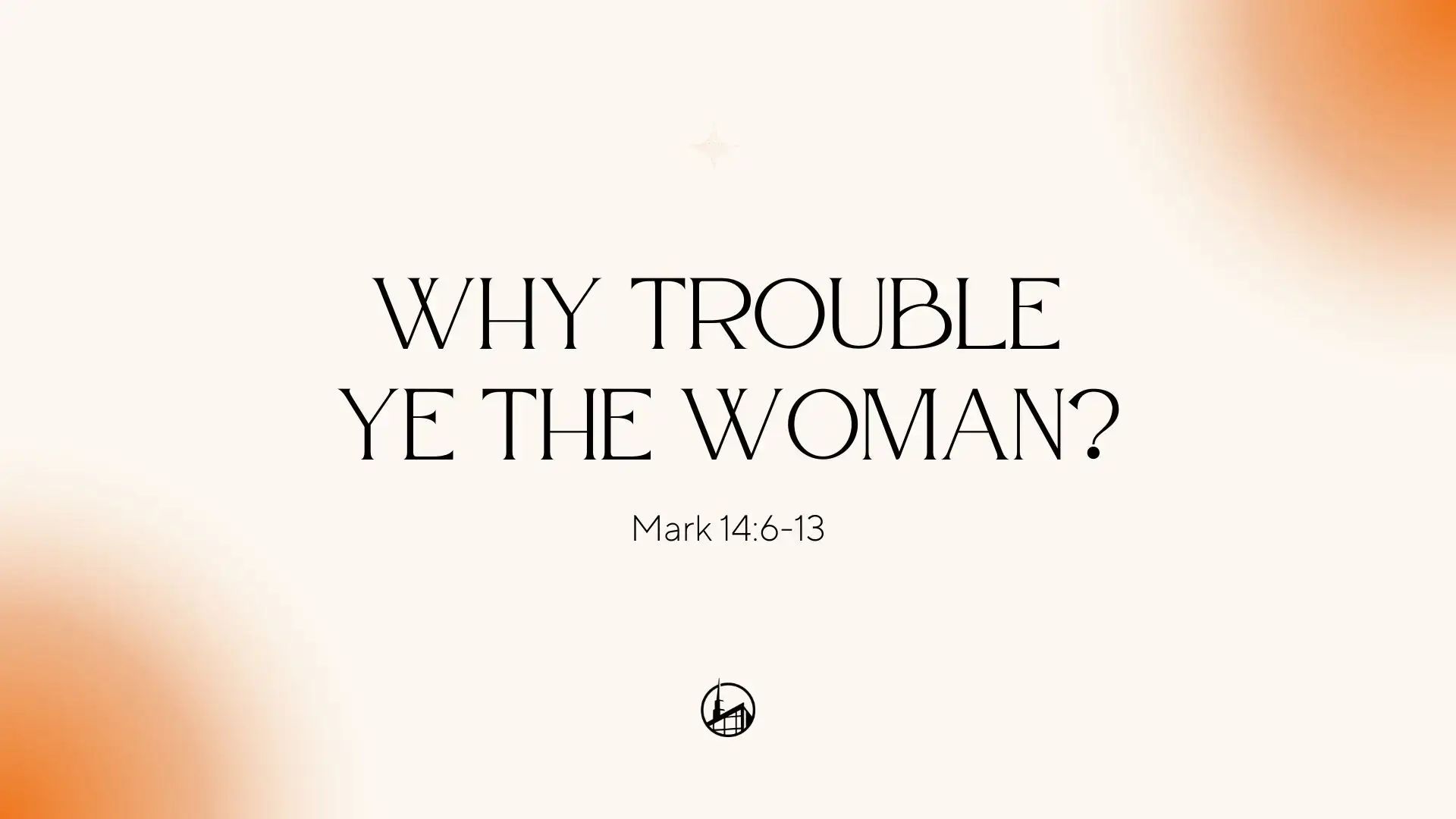In a moment of profound devotion, a woman named Mary poured out an alabaster box of precious ointment on Jesus, an act that stirred both awe and indignation. Recorded in Mark 14:6-13, this account captures a powerful question from Jesus: “Why trouble ye the woman?” Her sacrifice, worth nearly a year’s wages, was met with criticism from the disciples, yet Jesus defended her heart and declared her act a memorial for all time. This passage invites us to reflect on the nature of true worship, the resistance it may provoke, and the eternal significance it holds in the eyes of our Saviour.
The Heart Jesus Defends (Mark 14:6-7)
Mark 14:6-7 states, “And Jesus said, Let her alone; why trouble ye her? She hath wrought a good work on me. For ye have the poor with you always, and whensoever ye will ye may do them good: but me ye have not always.” Mary, identified in parallel accounts in John 12:1-3, entered the house of Simon the leper in Bethany with an alabaster box of spikenard, a rare and costly ointment imported from India. Without hesitation, she broke the box and poured its contents on Jesus’ head and feet, filling the room with its fragrance. This act was not calculated or restrained; it was an outpouring of love from a heart transformed by Jesus, who had raised her brother Lazarus from the dead. Her devotion was costly, equivalent to 300 days’ wages, yet she gave it freely, unmoved by the price. Jesus defended her heart, recognizing her act as a “good work” rooted in pure love. This challenges us to consider: Are our offerings to God marked by such selfless devotion, or do we hold back, measuring what we give?
The Critics Jesus Corrects (Mark 14:8-9)
The disciples’ response to Mary’s act was swift and harsh. Mark 14:8-9 records, “And there were some that had indignation within themselves, and said, Why was this waste of the ointment made? For it might have been sold for more than three hundred pence, and have been given to the poor. And they murmured against her.” Led by Judas Iscariot, who John 12:4-6 reveals was motivated by greed rather than concern for the poor, the disciples labeled Mary’s act a “waste.” The Greek word for “waste” here is apoleia, meaning destruction or perdition, a term ironically associated with Judas, the “son of perdition.” Their indignation exposed a heart that valued the ointment above Jesus Himself. They saw her worship as squandering, failing to grasp its sacred purpose. Jesus corrected their criticism, calling them to see her act as devotion, not destruction. This serves as a warning: When we judge others’ worship, we may reveal our own spiritual coldness. Instead of criticizing, we should be inspired by those who pour out their love for Christ.
The Worship Jesus Receives (Mark 14:10-13)
Jesus not only defended Mary but elevated her act to eternal significance. Mark 14:10-13 declares, “But Jesus said, Let her alone; why trouble ye her? She hath wrought a good work on me. For ye have the poor with you always, and whensoever ye will ye may do them good: but me ye have not always. She hath done what she could: she is come aforehand to anoint my body to the burying. Verily I say unto you, Wheresoever this gospel shall be preached throughout the whole world, this also that she hath done shall be spoken of for a memorial of her.” Jesus revealed that Mary’s act was preparation for His burial, an acknowledgment of His impending death that the disciples failed to comprehend. Her worship was costly, not just in monetary value but in its heartfelt surrender. Jesus promised that her story would be told wherever the gospel is preached, a testament to the power of pure, uncalculated devotion. This calls us to examine our own worship: Is it rooted in obligation or in a love that holds nothing back? True worship, as Mary demonstrated, is a sacrifice that costs us something, reflecting the infinite worth of Jesus.
Conclusion
Mary’s alabaster box was more than a vial of ointment; it was a symbol of a heart fully given to Jesus. While the disciples saw waste, Jesus saw worship. Her story challenges us to pour out our lives in devotion to Christ, even when it invites misunderstanding or criticism. As we reflect on Mark 14:6-13, let us ask ourselves: Does our worship cost us something? Is it marked by pure love, or is it restrained by calculation? May we, like Mary, offer Jesus our all, trusting that what the world calls waste, He calls worship. Let us become true worshipers, undeterred by critics, and let our lives be a memorial to the One who is worthy of it all.












